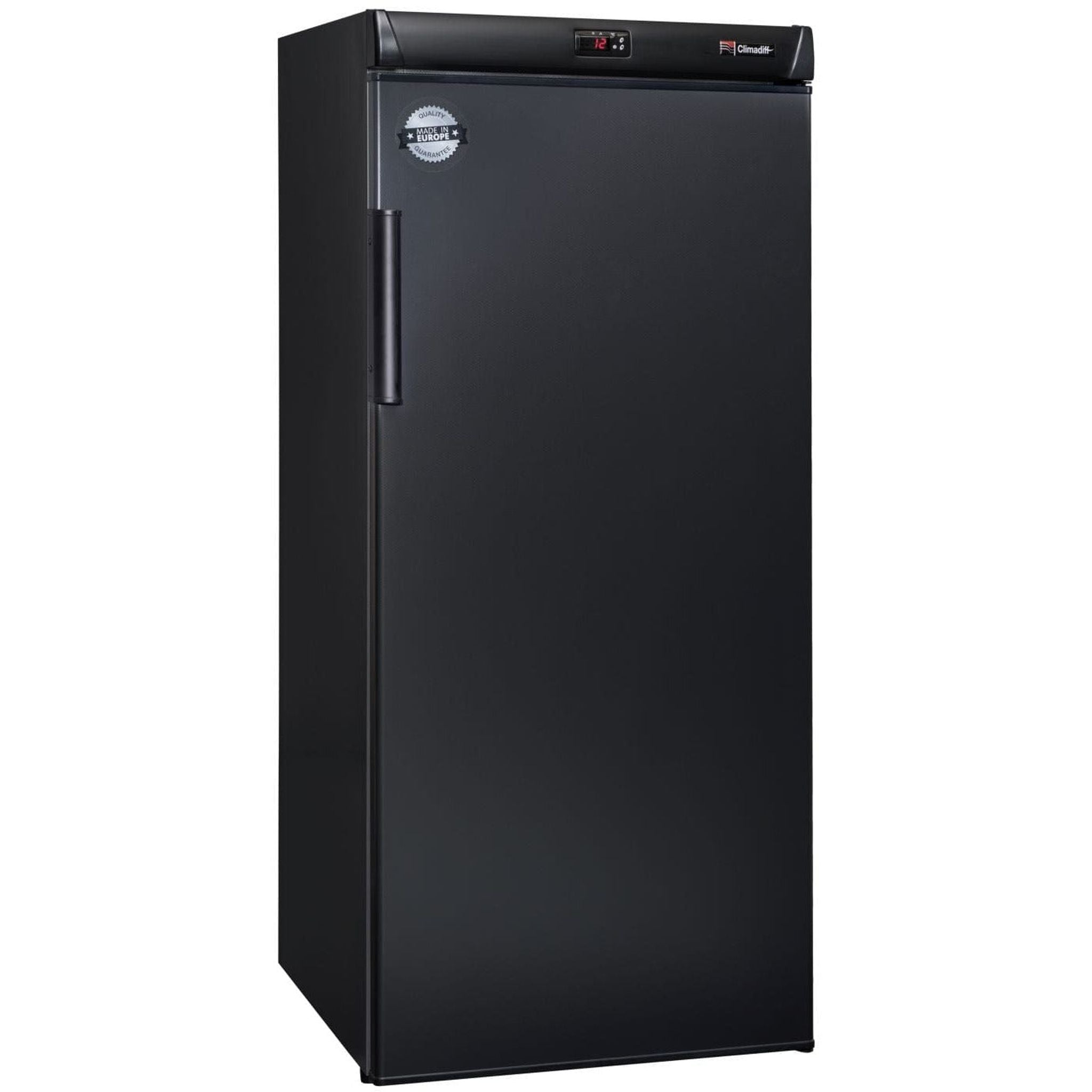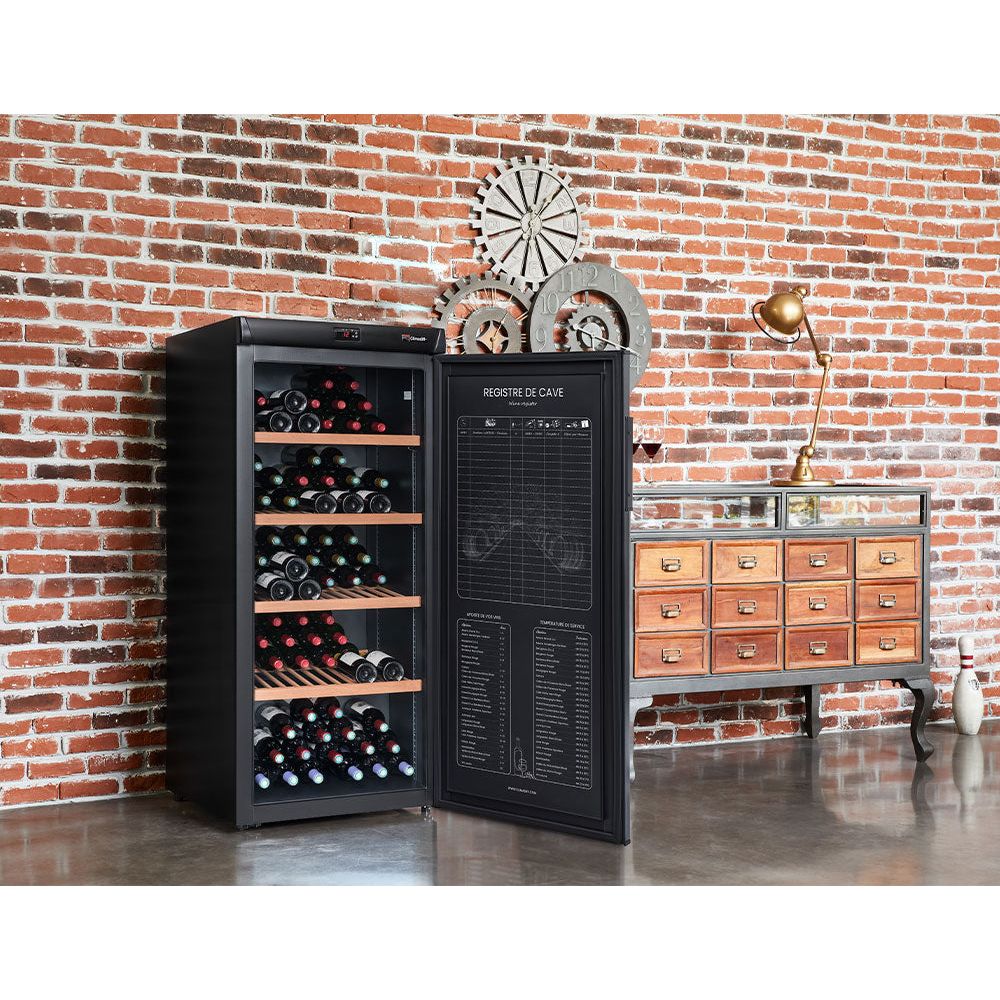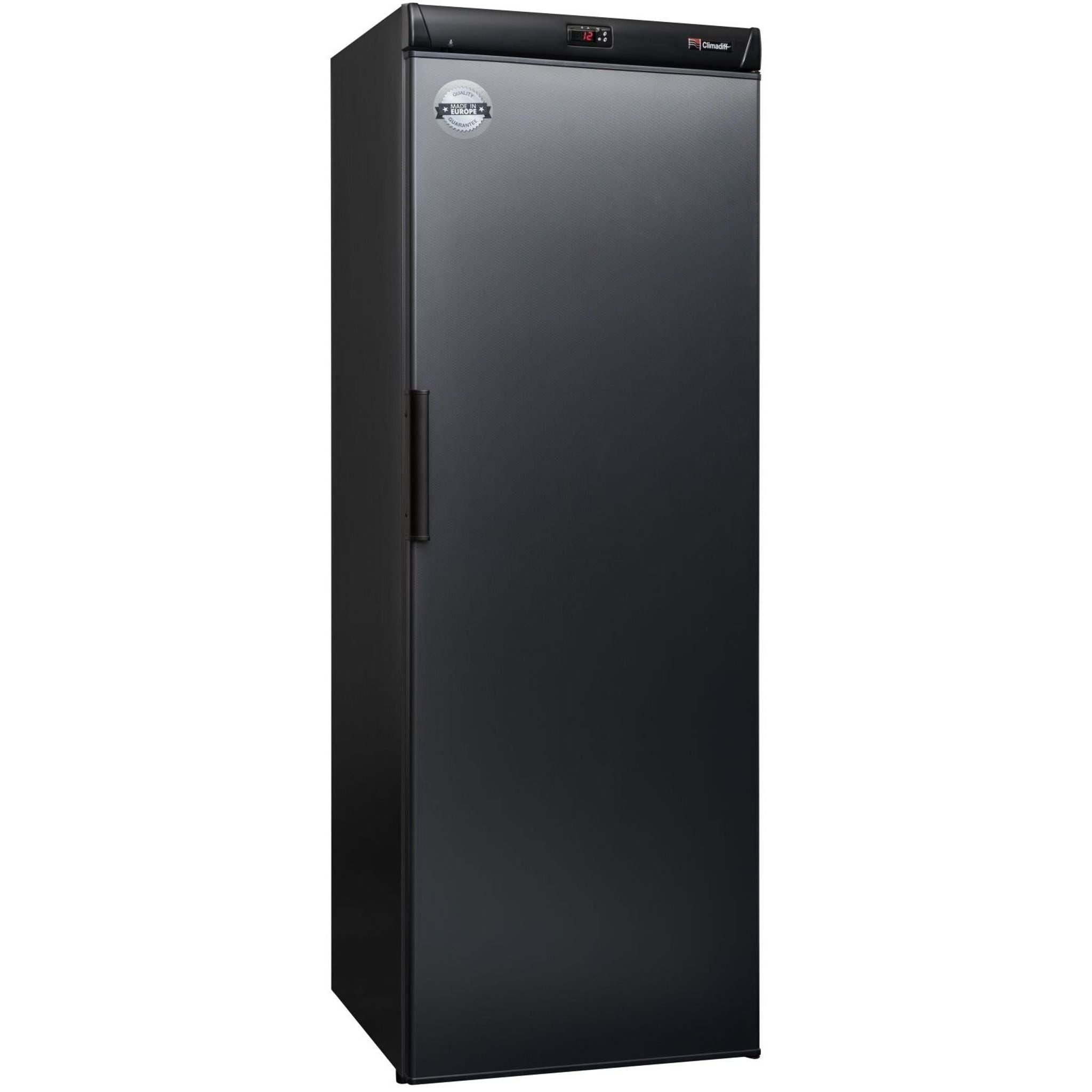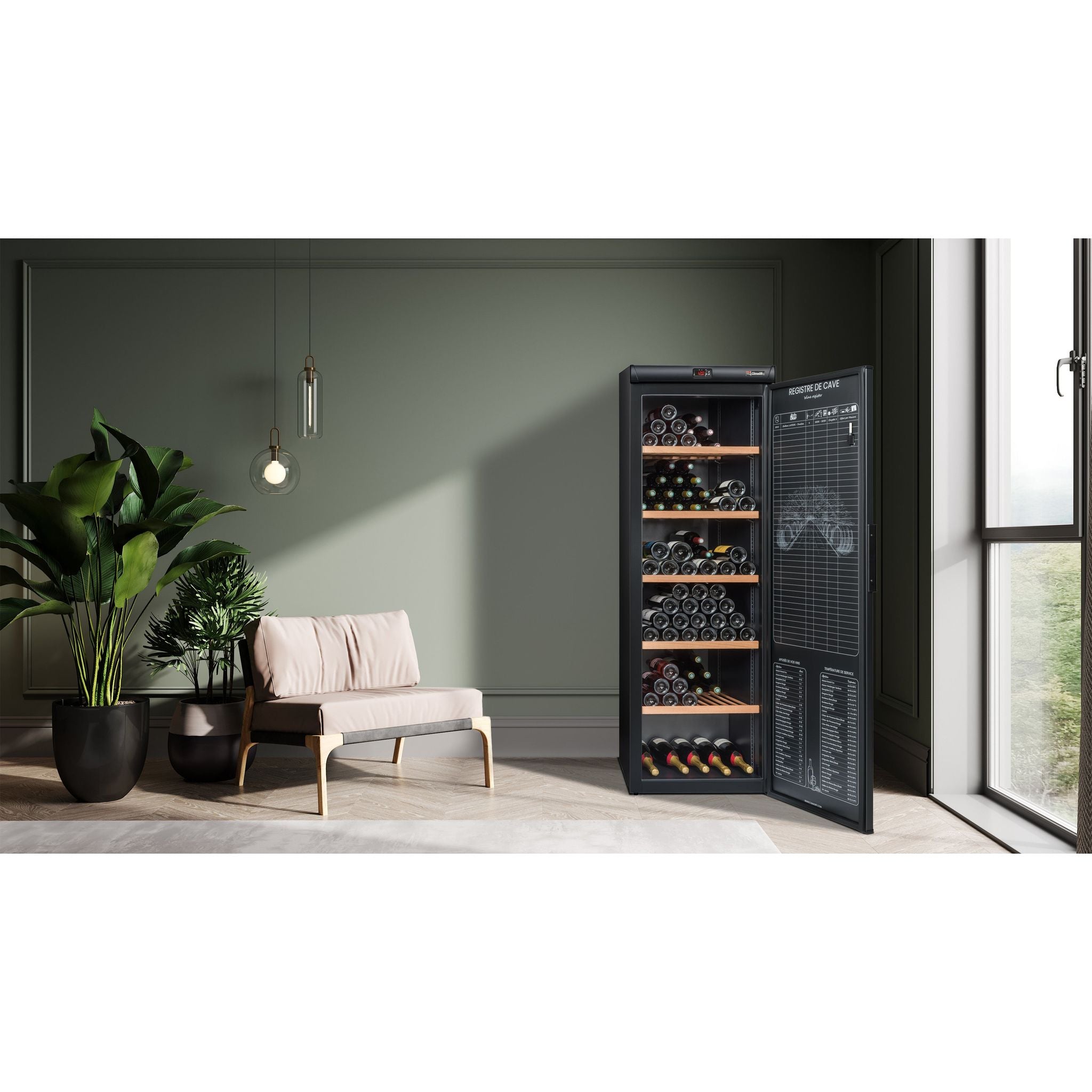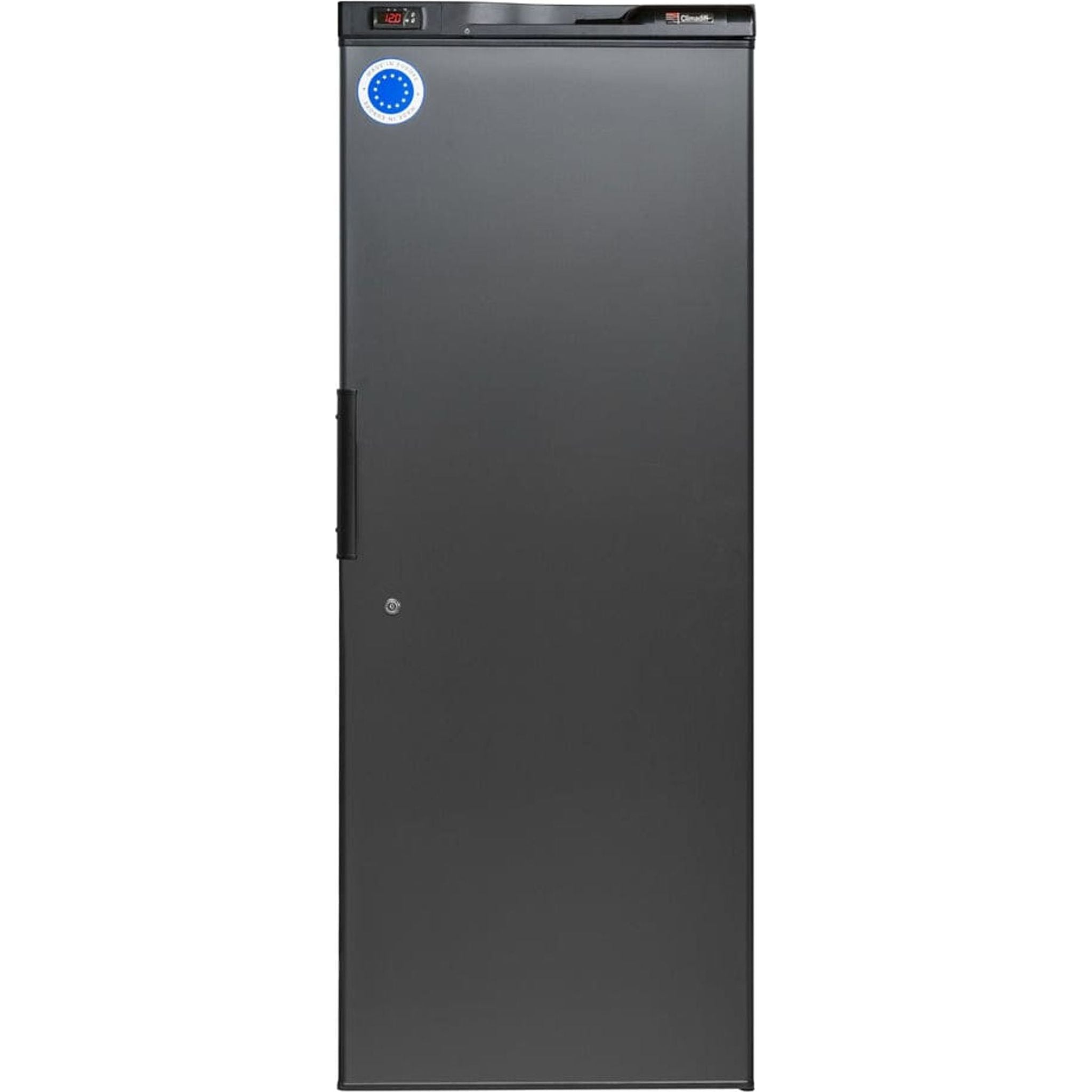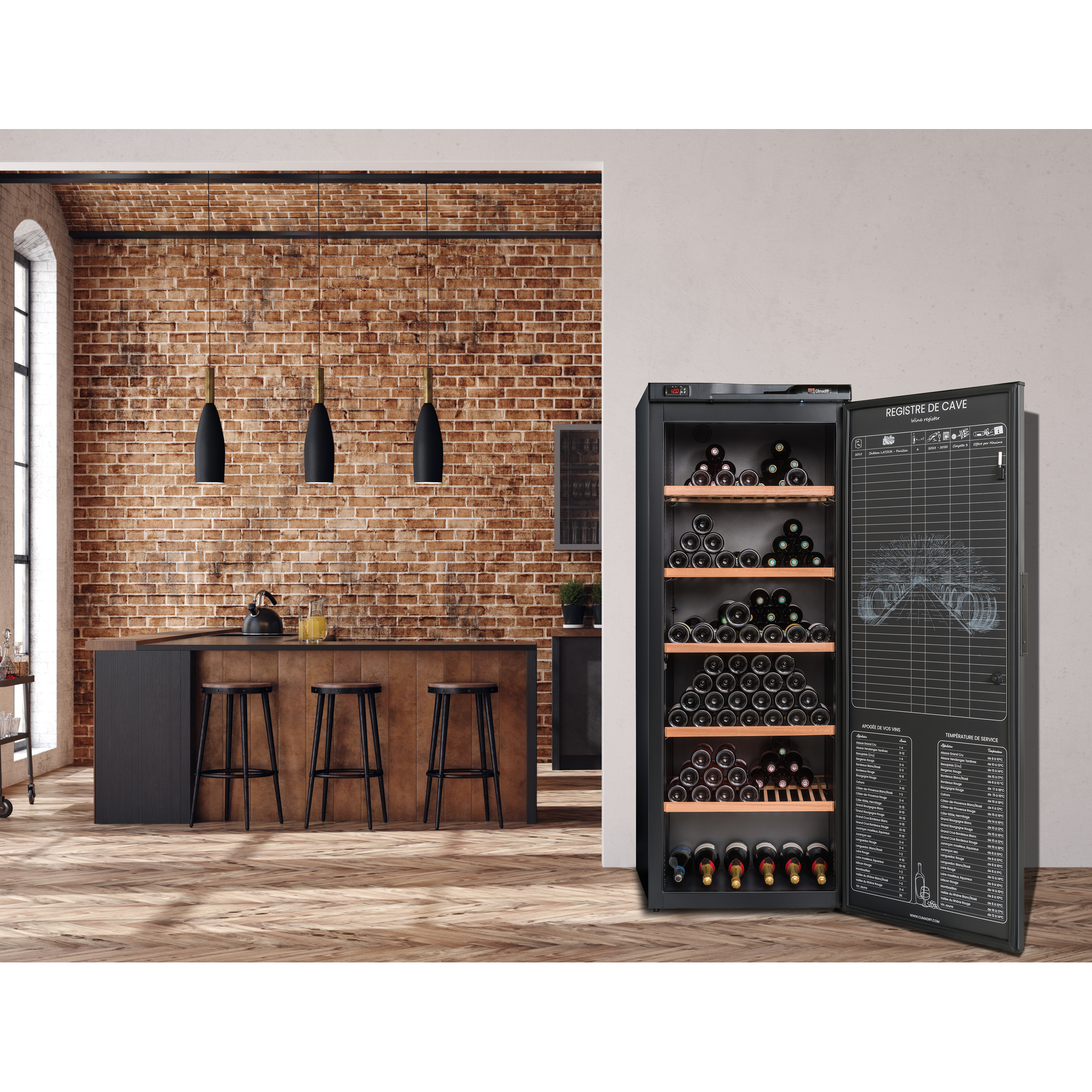How noisy is a wine cooler?
Wine coolers are convenient appliances that facilitate the chilling of wine. Whether you are planning to entertain some friends during the weekend or want to enjoy an chilled bottle of wine by yourself, a wine cooler brings your wine to an ideal drinking temperature for your pleasure.
Ideally, good quality wine coolers provide several years of efficient and quiet operation to meet your needs and are mostly seen, but not heard. The noise that comes from a wine cooler varies from one product to the other. This is purely down to the quality of the components that have been used to assemble the wine cooler. This is why some cheaper brands experience noisy units (up to 35-45dB) even though they are brand new, consistency in manufacture is key and this something that can not be achieved with low grade components.
Most wine coolers, to some extent, give off more noise than conventional refrigerators. This is because they are programmed to maintain the temperature much more accurately than a standard domestic fridge, its temperature range may vary but up to +/- 5°C.
A noisy wine cooler can be distracting and extremely disruptive. Most wine coolers are equipped with compressors, fans, and refrigerant lines, unless they are thermoelectric meaning they do not have a compressor.
But what could be the cause of noisy wine coolers?
General Causes of Noisy Wine Coolers:
As stated earlier, wine coolers are mostly composed of a system of fans, refrigerant circuits, and compressors. Therefore, they are also predisposed to the same problems that refrigerators are susceptible to.
The following are the common causes of noisy wine coolers:
Fans:
Electric fans are vital components that help in stabilizing, circulating cool air, and maintaining the temperature distribution inside the wine cabinet. They are also efficient when it comes to the preventing the development of frost within the cabinet. The moving parts of these electric fans are primarily responsible for producing irritating noises.
The fans may also produce unpleasant noises if they are not aligned properly. If the condenser fan is also dirty or not functioning well, it could generate a loud humming sound as it tries to spin. Another common problem with fans is that sometimes pieces of a label can get stuck inside the fan and prevent it from spinning, this again, will cause a loud humming noise.
Compressor:
The compressor is a mechanical device that drives the heat/cold exchange cycle in a refrigerator or wine cooler. It is usually positioned at the bottom and behind wine coolers. Additionally, compressors are commonly mounted on rubber or silicone to minimize vibrations and are primarily responsible for the deep humming sounds you hear.
But if the wine cooler is not positioned on a leveled floor or bumps against something behind the cabinet, it could bring about excessive noises as the moving parts or shelving vibrates. If the wine cabinet isn’t level, it could lead to the compressor shaking itself free from its rubber mounts, in this instance simply reposition the compressor back on its casing.
Compressors should not operate continuously, if they are there is a problem with the cooling system. This may be a leak in the system allowing the refrigerant to escape or lack of ventilation. If the wine cooler is constantly trying to cool, you will hear a humming noise continuously, for a built in wine cooler we advise 0.25cm to the sides and over 1cm to the rear. For a freestanding wine cooler, we advise a minimum of 2-3 inches around every side and above the wine cooler to allow for adequate air circulation.
The Starter:
The starter is an electrical component which triggers the cooling system to kick into action when the temperature strays out of the pre-set temperature range. This will produce a clicking noise every so often to activate the cooling system.
If you notice this happening regularly, there are a few key indicators that there may be a problem. Firstly, ensure there is enough ventilation, particularly with freestanding wine coolers, ensure there isn’t anything touching the sides as some units have the compressor systems mounted in the sides panels.
Another reason may be that there has been a leak of refrigerant or the cooling system has no power. If the unit is clicking often, then the starter is trying to start the cooling system, if the compressor doesn’t start after this, please contact the manufacturer to arrange a service call.
Fixing Your Noisy Wine Cooler:
Invite a Specialist:
You can fix the noise coming from the wine cabinet, especially when a specialist from a reputable appliance repair service firm looks it over. The specialist will determine whether the wine cooler is repairable or not. If the unit is still under warranty, ensure you consult the manufacturer first as they will more than likely have their own service provider.
Install Acoustic Materials:
Most Victorian houses – especially ancient ones – have heavy curtains, thick carpets, paintings, and some upholstered furniture which help in the muting and absorption of sounds in a room. Wine coolers in such a setting would be muted considerably.
However, you can install acoustic materials in your home, especially if you are erecting a new house. These materials will dampen any unpleasant sounds that may be generated by any contraption in your home, including noises from your wine cooler. You may have to consult experts who will advise you accordingly on what to do about muting the sounds from your wine cooler.
If you’re looking for a reliable noise-free wine cooling unit, look no further than our Liebherr collection at Elite Wine Refrigeration. We work alongside Liebherr and provide our loyal customers with excellent cooling systems to house their wine collection.
Liebherr is a specialist developer and manufacturer of first-class wine fridges, known as being one of the leading brands that provide storage units.
If you’re interested in purchasing a Liebherr wine fridge and want some additional information, feel free to contact us today - we look forward to assisting with your purchase, finding the right fridge that’s best for you and your requirements.

